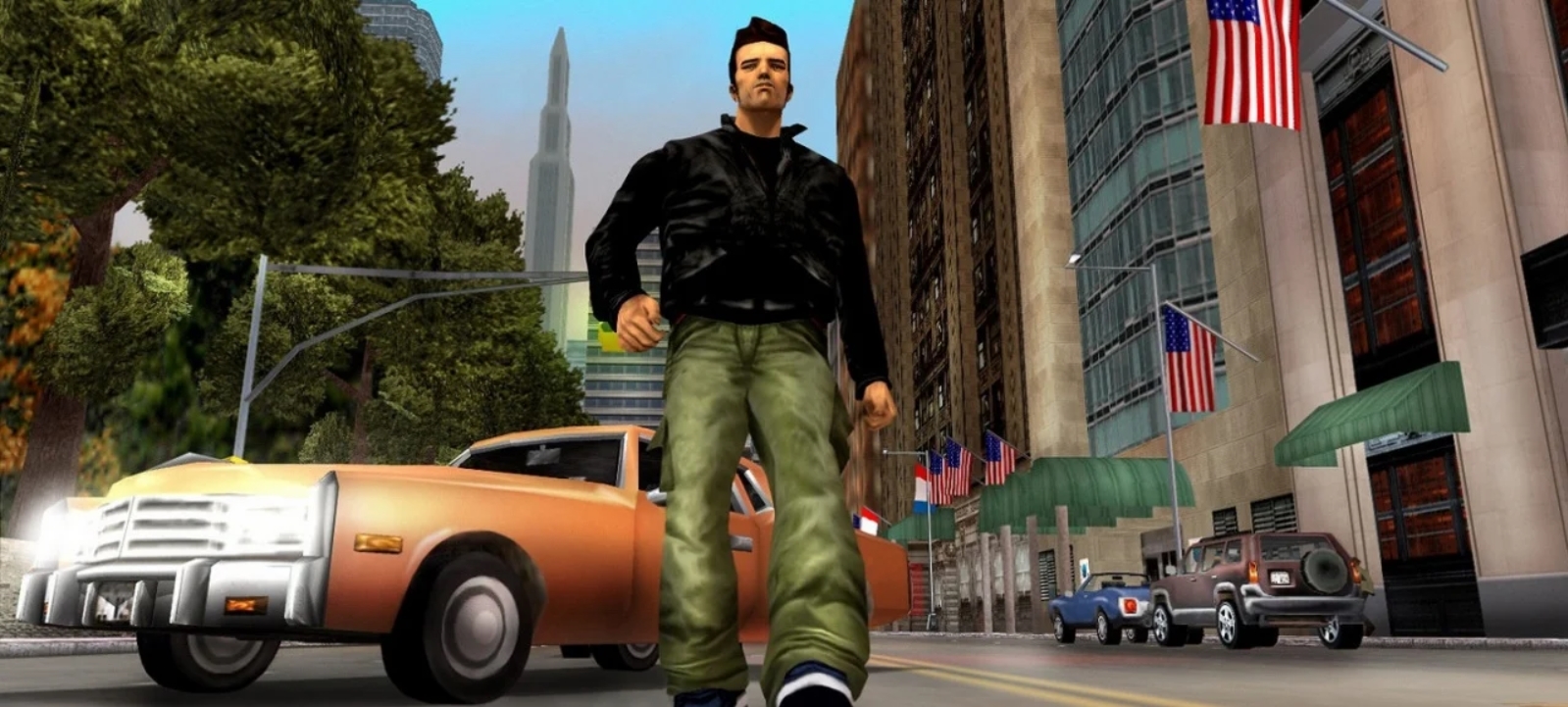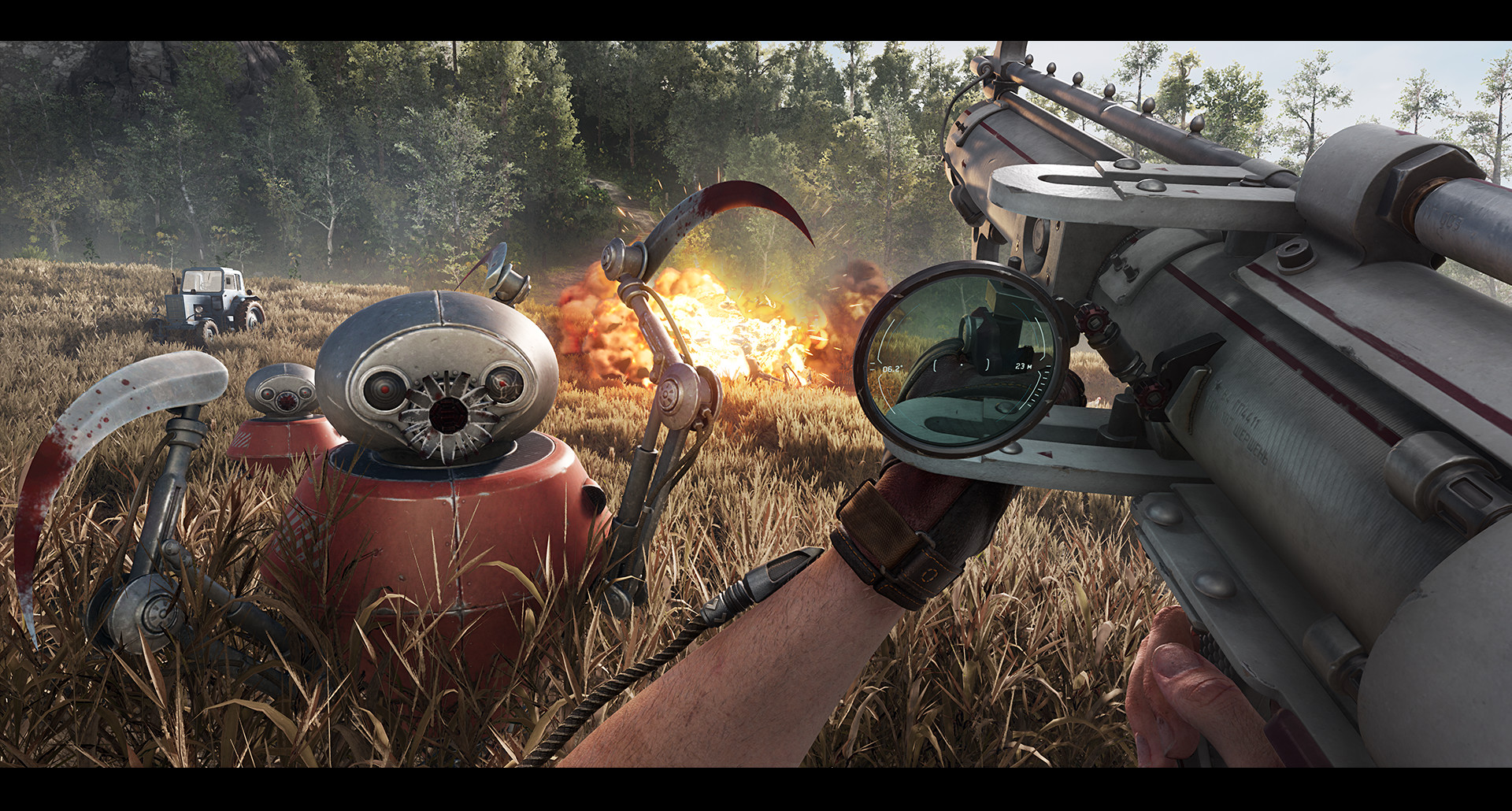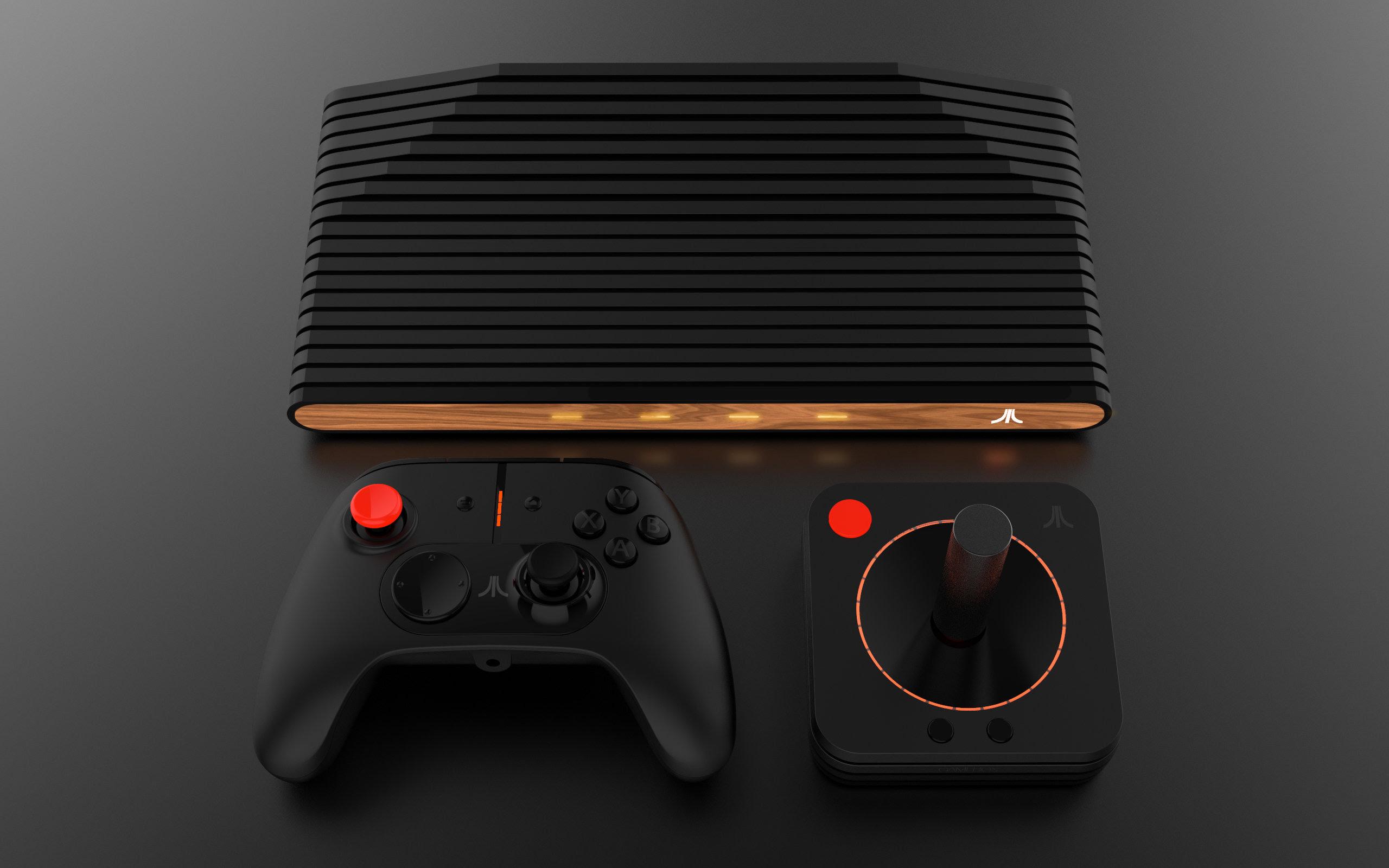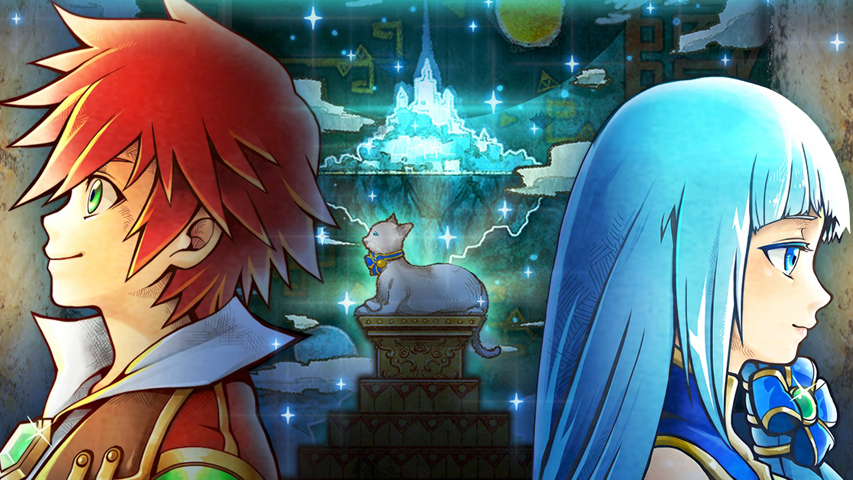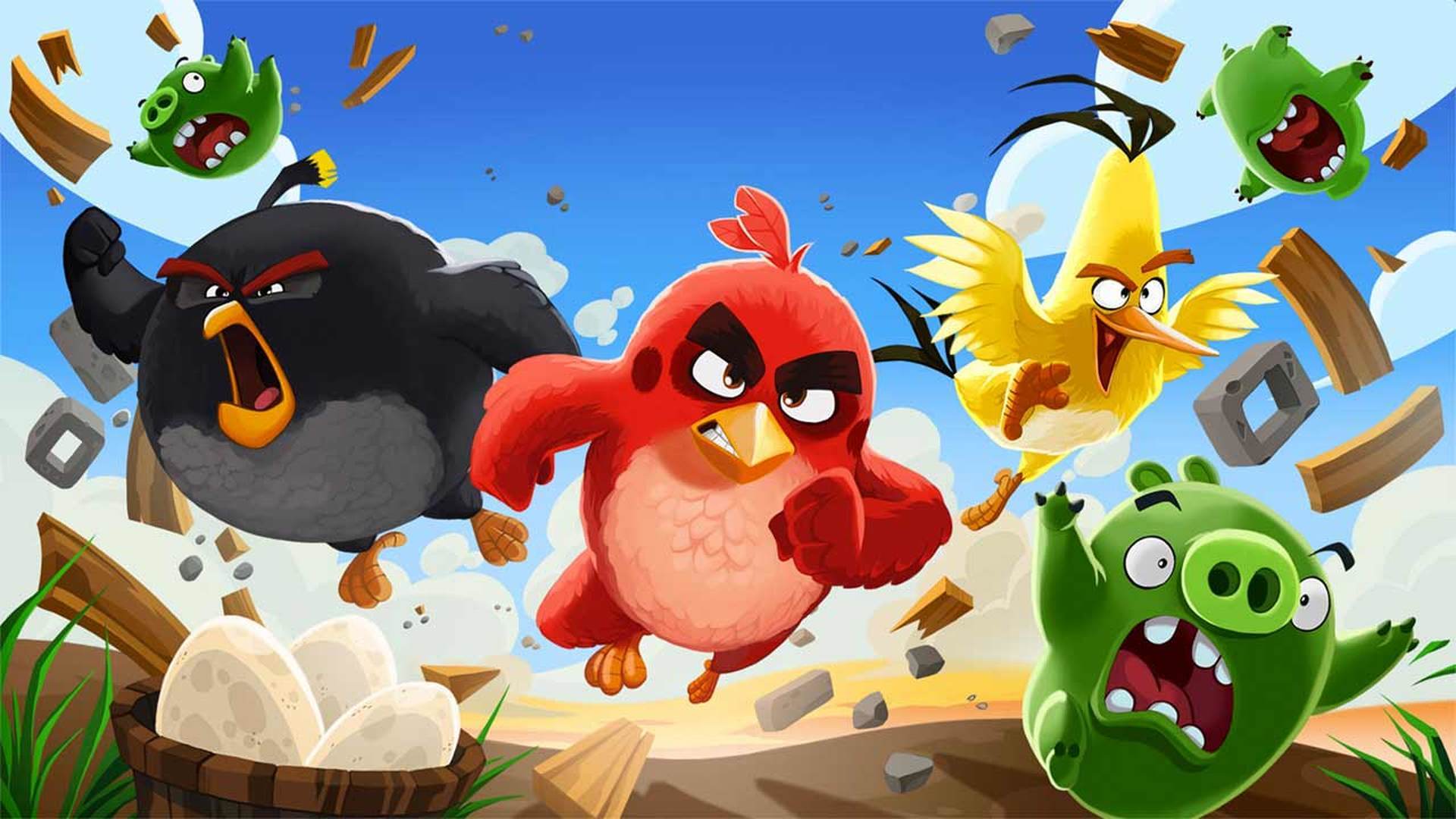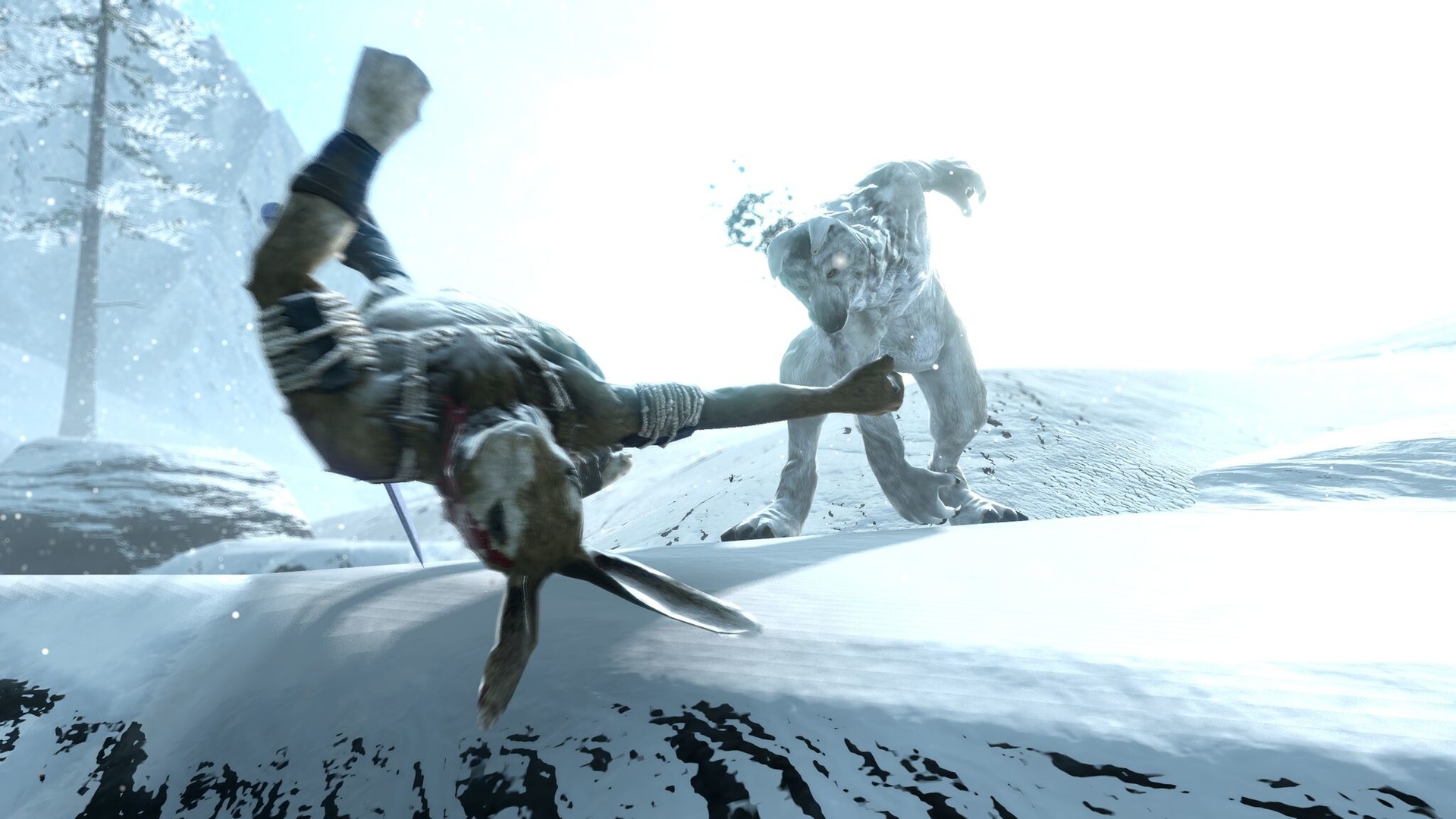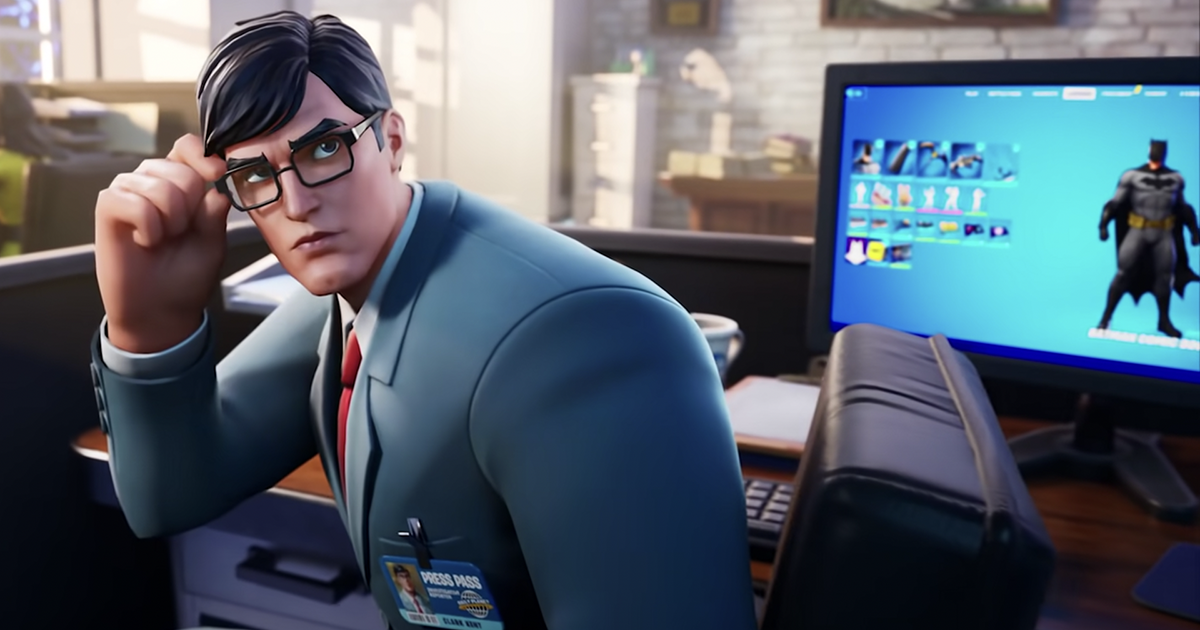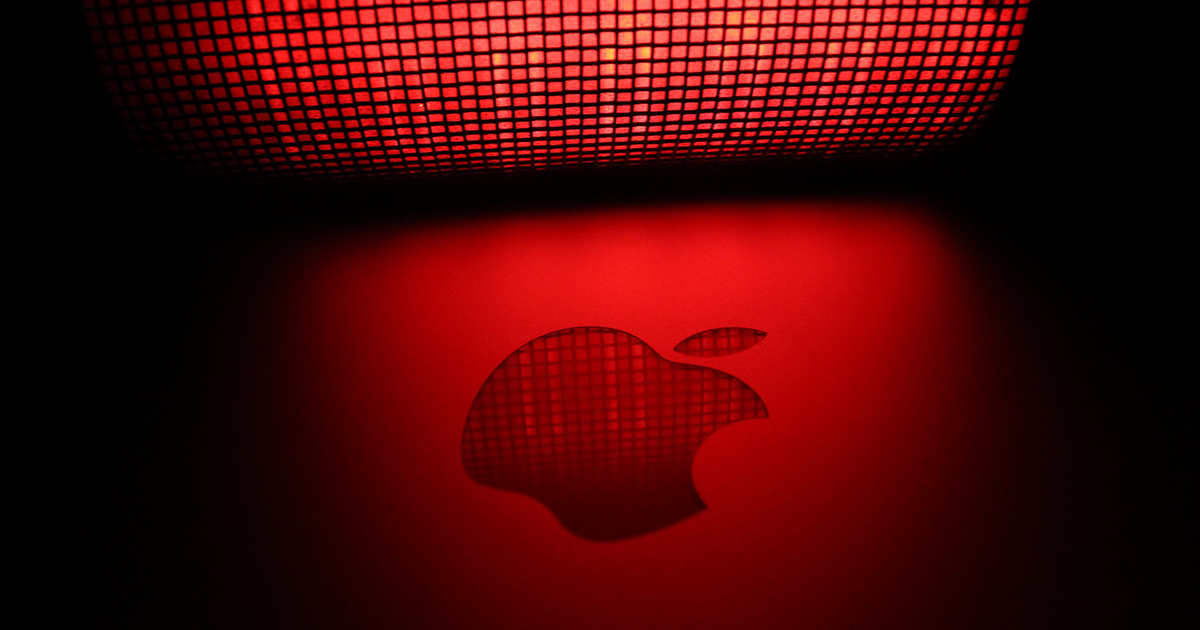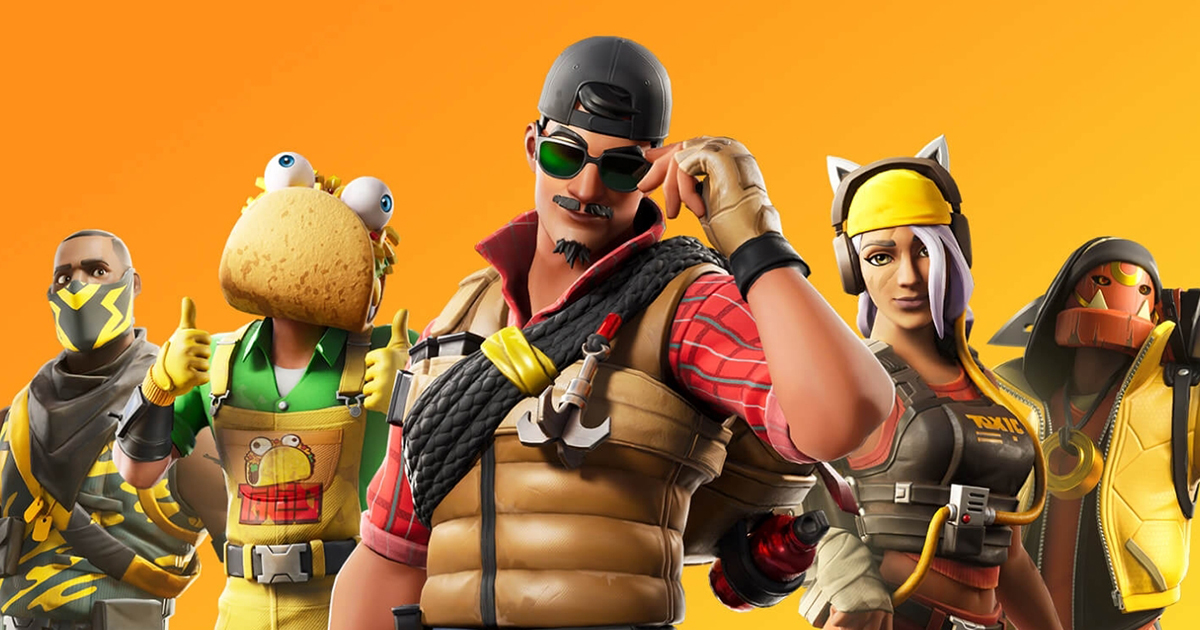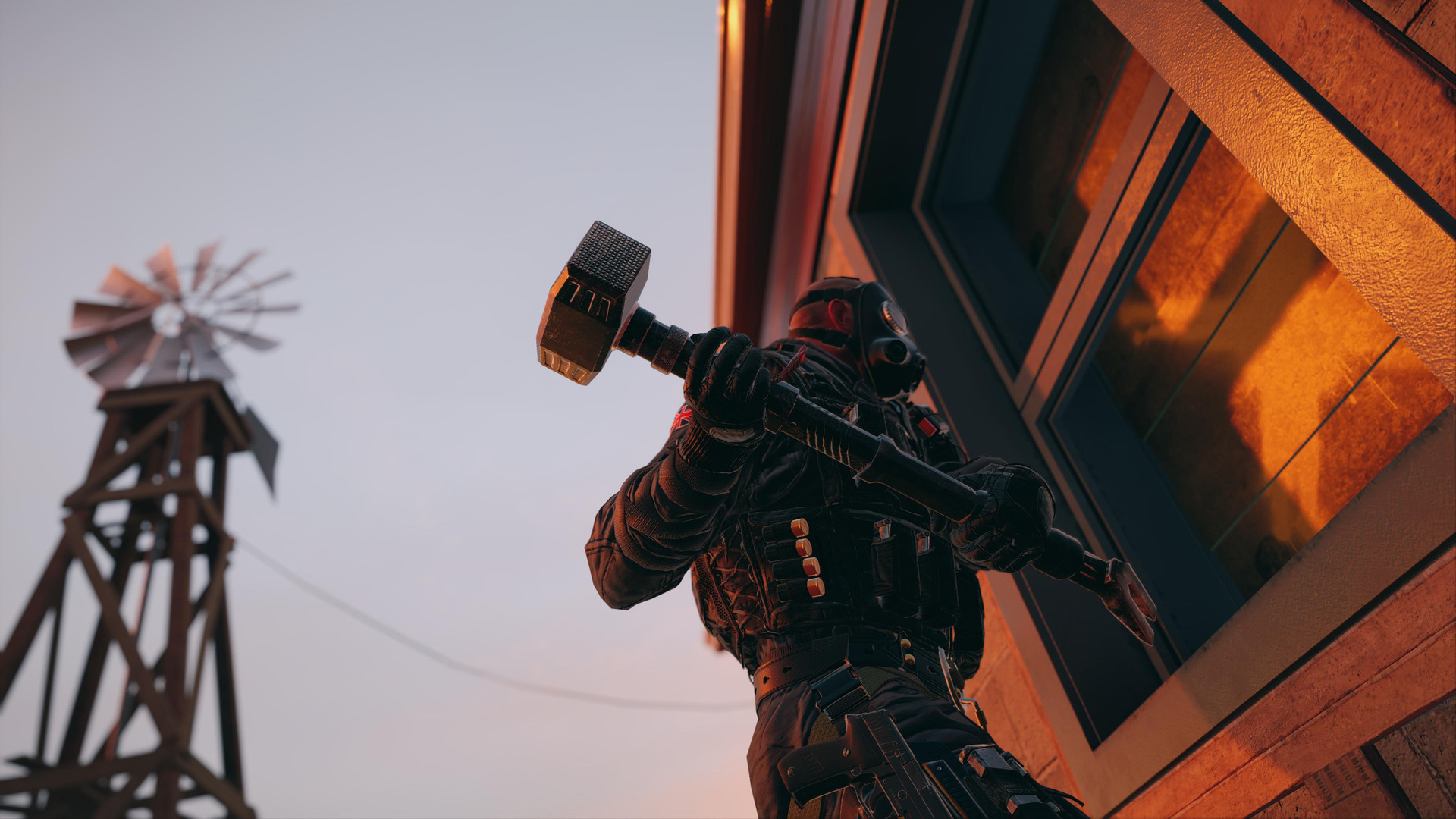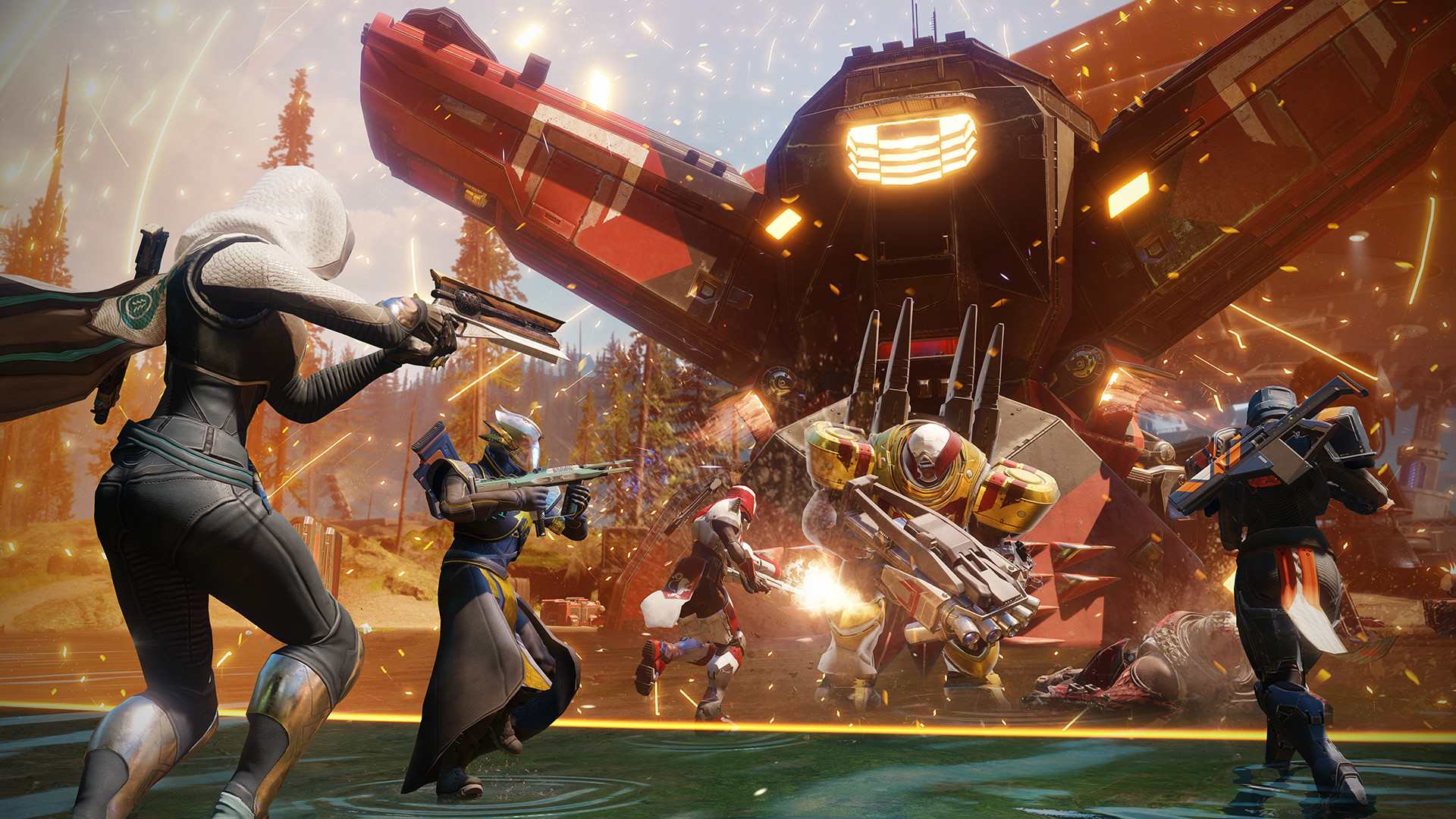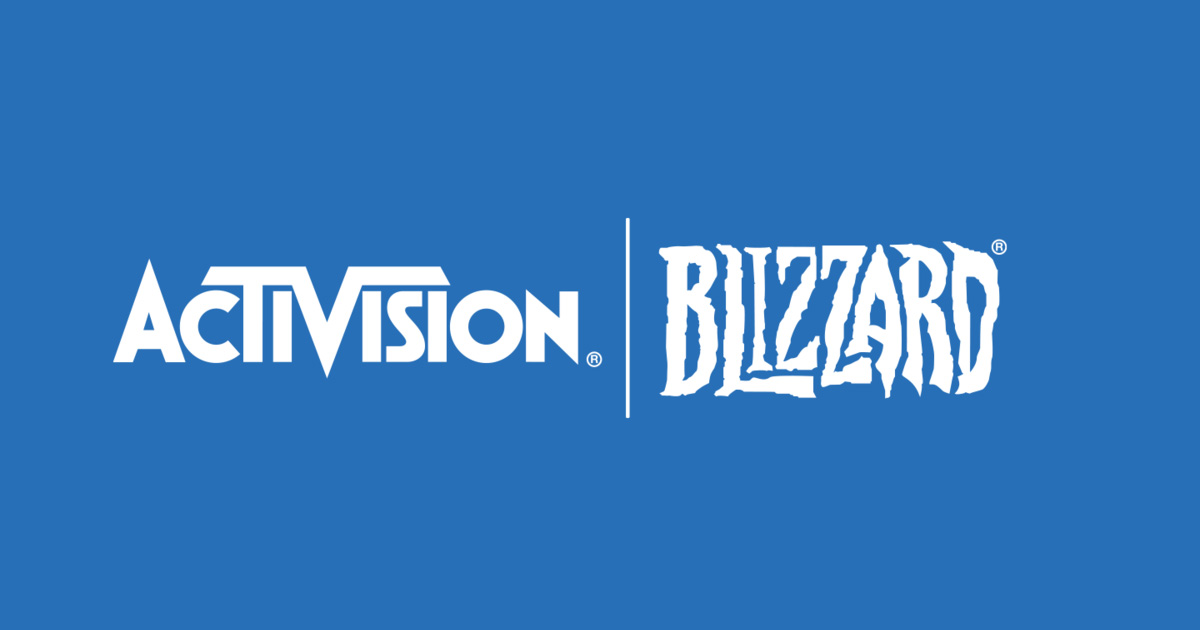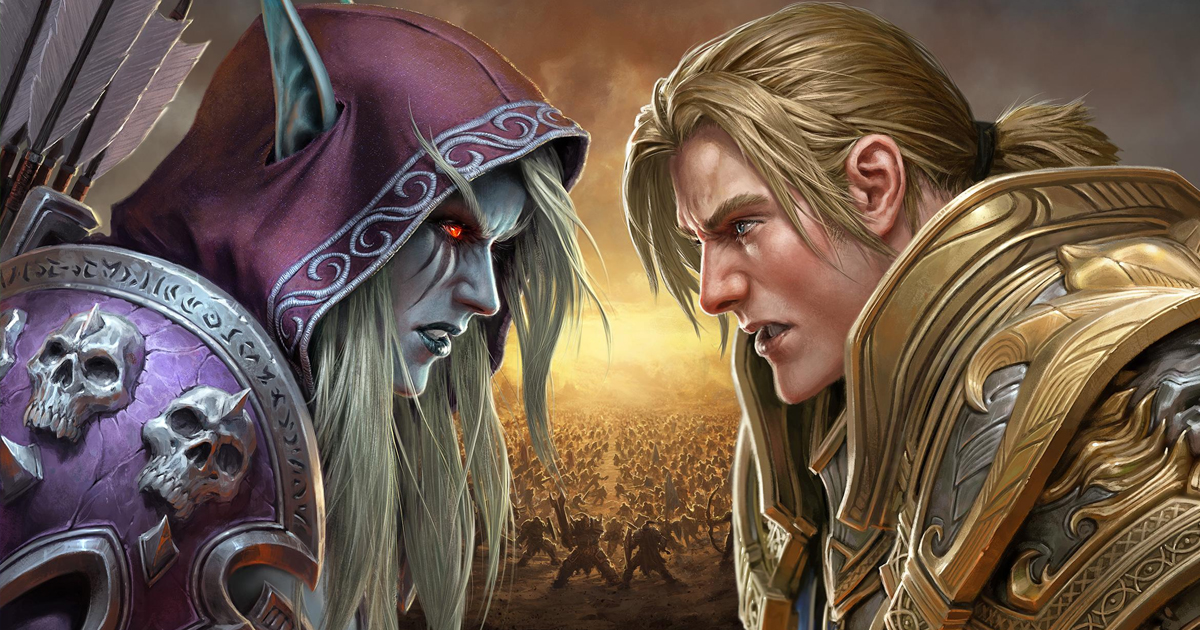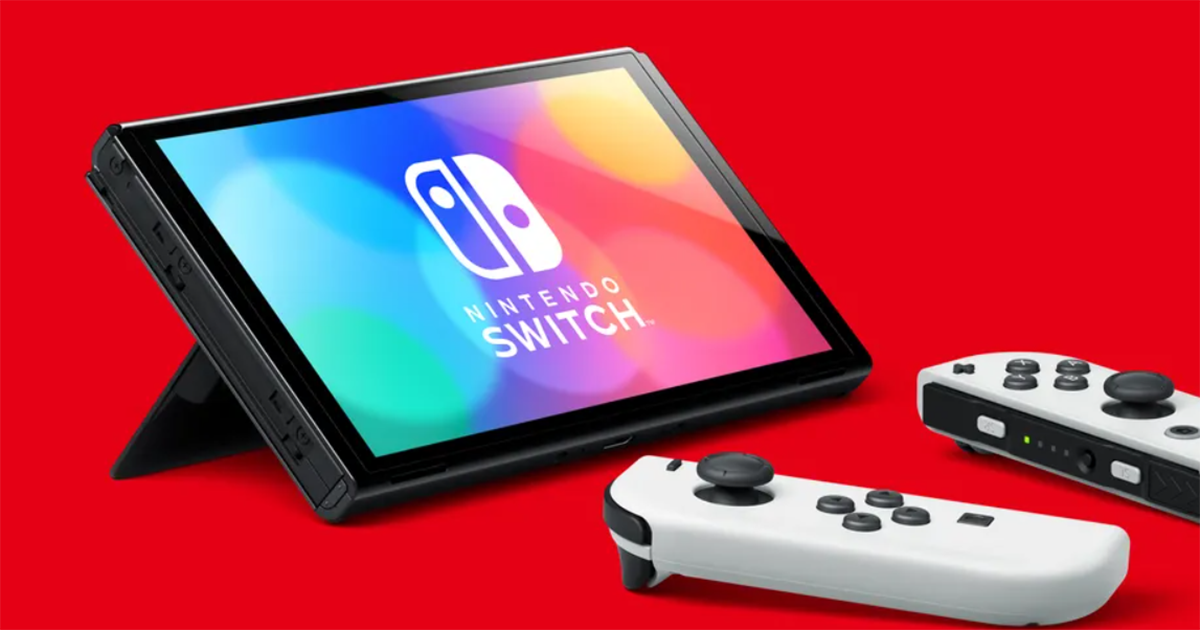Semenov&Pevzner Law Firm has prepared a large-scale report on the largest legal conflicts in the gaming industry over the past six months.
The review was prepared by Ekaterina Smirnova, Managing Partner of the St. Petersburg office of Semenov&Pevzner, Victoria Matveeva, lawyer of Semenov&Pevzner, and Lidia Pecherina, Associate Lawyer of Semenov&Pevzner.
Ekaterina Smirnova, Victoria Matveeva and Lidiya Pecherina
The work is divided into five parts:
- copyright;
- trademarks;
- patent rights;
- personal data;
- other cases.
You can read the conflict report on the first half of 2021 here.
Copyright
In a previous review, we told that in June 2021, the National Association of Music Publishers (NMPA) filed a lawsuit against Roblox on behalf of many American music copyright holders in the District Court of the Central District of California and demanded a payment of $200 million from the company.
The basis for the lawsuit was that Roblox allegedly allows large-scale copyright infringement by creating a centralized electronic library, reproduces each song included in it and charges users for downloading music for inclusion in their games.
Initially, Roblox stated that it intends to diligently defend its rights and seek a fair court decision.
On September 27, 2021, Roblox announced a settlement agreement with NMPA. The details of the transaction were not disclosed, in particular, information about the payment of compensation by Roblox remained hidden. It is only known that the company is now ready to enter into partnership deals with individual labels that are part of the NMPA.
2. GTA 3 and GTA Vice City modders team Resists Copyright Infringement Lawsuit
At the end of June 2021, GitHub restored access to previously deleted repositories of GTA 3 and GTA Vice City fan versions (Re3 and revC). But in September, Take-Two Interactive, the founding company of the original developer Rockstar Games, filed a lawsuit in the U.S. District Court in the Northern District of California against a group of programmers (modders) for copyright infringement. She claimed that the team “intentionally and maliciously” copied, adapted and distributed her source code and other content on the GitHub platform without permission.
A group of GTA modders responded to a lawsuit from the game’s publisher, claiming that the changes they made were permissible in accordance with copyright law. Four people behind the fan projects Re3 and revC GTA, in response, stated that their work is protected in accordance with the principles of “fair use”. Among other things, they corrected errors that the plaintiff stopped correcting many years ago. They also improved the games, which at least increased the market for original games needed for mods to work.
The trial continues.
3. The court ordered to block Atomic Heart trailers with the song “Music connected us” on YouTube
In July 2021, the Moscow City Court, as interim measures, ordered Roskomnadzor to temporarily close access on YouTube to the trailer of the Atomic Heart adventure shooter, in which a variation of the song “Music connected us” by the Mirage group sounds.
Recall that for the first time the Atomic Heart trailer was shown in mid-June 2021 at the E3 conference. It was later posted on both the official Xbox YouTube channel and the Mundfish channel. As a sound design in the video, the 1988 track “Music connected us” by the authorship of the Mirage group was used.
Shortly after the trailer was posted, access to it was closed with reference to copyright infringement. However, the developers of Mundfish believed that this was done illegally.
Later, the creator of the band and the author of the song “Mirage” Andrey Lityagin explained that Mundfish had not acquired all the necessary rights to his composition, and that he intended to start lengthy litigation. In response, the authors of Atomic Heart stated that they had received the entire volume of rights from another company — NMI (National Music Publishing House).
At the time of writing this review, Atomic Heart trailers on YouTube are still unavailable, but there is no information about the filing of a claim for copyright infringement by the author of the song “Music connected us”.
Trademarks
4. The Chinese manufacturer of smart glasses Nreal filed a lawsuit against Epic Games
In the last review, we already talked about the dispute between these companies, which arose due to Nreal filing an application for registration of the “Nreal” designation as a trademark, which was regarded by Epic Games as a violation of their rights to the “Unreal Engine” trademark due to the confusion of the two designations.
But in July 2021, the Chinese company itself appealed to the US District Court in the Northern District of California with a request to recognize that there is no confusion of designations and cannot happen. Nreal pointed out that Epic Games and Nreal target different market segments targeting different consumers, and the use of their respective trademarks is unlikely to cause any confusion among consumers in their respective markets. In addition, it is noted that Epic Games did not provide specific examples of cases of confusion among consumers in its complaint.
Nreal also argued that in addition to the differences in the designations themselves, where unreal is a commonly used word and nreal is a fantasy word, the areas of use of products named by these designations also differ. The plaintiffs are engaged in the production of augmented reality glasses and auxiliary software for them. Epic Games, on the other hand, is a developer of video games and related game development software.
Although it can be argued that both sides offer goods and services related in one way or another to computer software and software products, there is no further similarity, according to Nreal, between their areas of use.
The trial has not yet been completed.
On November 4, 2021, the US District Court in the Northern District of California dismissed the claim of the American manufacturer and publisher of computer games Atari that the Redbubble marketplace violated exclusive trademark rights by selling clothing with the logo and images from its classic video games.
In 2018, New York-based Atari sued the Australian online marketplace, claiming it was “based on a large number of counterfeit goods,” including T-shirts with the misuse of the Atari trademark “Fuji”, logos and illustrations of games, including such as “Pong” and “Centipede”.
The jury concluded that Redbubble is not responsible for copyright infringement or trademark infringement. Redbubble claimed that it is a “transactional intermediary” that does not sell, offer or advertise the products in question, and that it is not responsible for the sales it accompanies that were carried out by others.
Patent rights
6. Japanese studio Colopl will pay Nintendo ¥3.3 billion ($30 million) for patent infringement
Legal proceedings between Nintendo and Colopl began in January 2018 and continued until August 2021. Nintendo accused the developer of five patent violations that he committed in his mobile game White Cat Project.
On August 4, 2021, the companies announced that Nintendo’s patent battle with Colopl had ended peacefully with the signing of an agreement. Under its terms, Nintendo will receive ¥3.3 billion ($30 million) from Colopl and will drop the lawsuit, while the publisher of the White Cat Project will receive license rights to Nintendo patents.
This decision was eventually made by Colopl, because the company considered that the trial was being delayed, and the claims for Nintendo’s claims reached almost $ 90 million.
Personal data
On August 25, 2021, the state of New Mexico filed a federal lawsuit against Rovio Entertainment in the U.S. District Court. He accused the company of collecting children’s personal information in the Angry Birds game, which violates the federal law on the protection of children’s privacy on the Internet known as “COPPA”.
New Mexico Attorney General Hector Balderas indicated in the lawsuit that Rovio should stop “harassing” children in its popular mobile games.
“Technology companies are not allowed to collect confidential information concerning children under the age of 13. We believe that this company not only collected information, but also did it without the legal consent of the parents, and, more importantly, they benefited from this very important data,” Balderas said.
According to the lawsuit, Rovio uses personal data collected in Angry Birds to increase profits by transferring them to marketing companies. The state is also concerned that the studio may receive confidential information such as the names and addresses of children.
The proceedings are still ongoing.
Other cases
Indie developer Wolfire Games in April 2021 sued the American company Valve, which created the Steam service. In the lawsuit, the developer claimed that Valve used its dominant position, occupying 75% of the US digital computer game sales market, to illegally eliminate competitors. The lawsuit also noted that Vavle illegally binds Steam to the social platform Steam Platform, which forces game publishers to sell their games through the Steam store, and as a result, leads to a violation of competition.
At the same time, the indie developer also stated that Steam collects an inflated commission from developers (30%), due to which prices for games are rising, which infringes on the interests of buyers. Moreover, according to the plaintiff, Steam prohibits publishers and developers from selling keys to their games in other online stores at lower prices.
Three months later, Valve stated that the arguments contained in the complaint were not supported by anything and did not prove the existence of an antitrust violation. According to the defendant, Wolfire Games did not confirm in any way the claims of occupying 75% of the market, and the 30% commission charged to developers is the standard in the industry. Also, Valve is not obliged to give developers free keys.
As a result, in November 2021, the court agreed with Valve’s objections and dismissed the antitrust lawsuit. He pointed out that Wolfire Games did not provide sufficient evidence that Valve uses its dominant position in the market to charge a 30% commission, and that the platform and the Steam store are two separate structures. Judge John Coughenour stated that the store and the Steam platform “represent a single product within an integrated gaming platform and transaction market.”
9. The case of Epic Games against Apple will be sent for a new review
The sensational dispute between Apple and Epic Games, which began in August 2020, ended on September 10, 2021. The court upheld 1 out of 10 points stated by Epic Games. He ordered Apple to allow other forms of payment in the App Store applications. The court did not agree with the statements that Apple violates antitrust laws.
At the same time, Judge Yvonne Gonzalez Rogers noted back in May that no matter what decision she made, an appeal was “almost inevitable.” And, indeed, in October Apple filed an appeal.
Epic Games also filed its appeal back in September. Then the head of the company, Tim Sweeney, said that they “will fight until they achieve genuine freedom for developers and consumers in terms of software, as well as fair competition in every software component of the mobile platform.” Earlier, he also indicated that he did not consider the current court decision a victory for either Epic Games or users.
According to the decision of the court of first instance, on December 9, 2021, a ban on restricting developers from posting links to alternative payment methods in applications was to come into force. However, the execution of this decision was suspended by the Court of Appeal, so the trial is delayed indefinitely. Apple, in turn, may still require developers to use its shopping system without offering alternatives.
Unlike the court that considered Epic Games’ lawsuit against Apple, the Netherlands antimonopoly authority was the first in the world to recognize Apple’s monopoly status. The reason for this was the App Store payment rules, which prohibit informing app store users about alternative payment methods.
According to Reuters, the antitrust investigation against Apple began in the Netherlands back in 2019 and ended in September 2021. As a result, the agency issued an order to Apple to change the payment rules of the App Store. However, it was not reported exactly how they will be adjusted.
As noted by the publication, Apple has already prepared and sent an appeal to the Rotterdam District Court.
At the end of August 2021, the Federal Antimonopoly Service of Russia also issued an order to Apple to eliminate the ban on links to alternative payment methods. A few days later, it became known about the antitrust lawsuit against the company in India. The most radical measures were taken in South Korea. There, on September 15, an amendment came into force that obliges Apple (and Google) to stop banning developers from third-party payment systems.
11. Google filed a counterclaim against Epic Games and demanded damages
Recall that the Fortnite game was removed not only from the App Store, but also from Google Play. In both cases, this was due to the fact that Epic Games added its own payment system to the project, which allowed it not to pay a commission to app stores. After Fortnite was removed from Google Play, the developer sued Google, accusing the corporation of violating antitrust laws.
On October 11, 2021, Google filed a counterclaim. In it, the company denied Epic Games’ accusations of antitrust behavior and stated that, on the contrary, it was entitled to compensation because Epic Games violated the Google Play Developer Software Distribution Agreement (DDA).
Google also noted that Fortnite users who managed to download a version of the game with the Epic Games payment system are still using it. Thus, Epic Games continues to evade the payment agreed in the contract for Google services.
As Techcrunch pointed out, the Android platform already allows you to download unpublished applications. This means that there is another method of attracting Android users outside of Google Play, which makes resolving an antitrust lawsuit more difficult than in the case with Apple.
Epic Games, in comments about the counterclaim, noted that Google had a special team that tried to prevent the Android version of Fortnite from going out of Google Play.
12. Ubisoft won a court case against the organizers of DDoS attacks on Rainbow Six Siege servers
On January 16, 2020, Ubisoft filed a lawsuit against the website SNG.ONE, which provides services for organizing DDoS attacks on servers of multiplayer online games, including Rainbow Six Siege. A year later, Ubisoft filed an application for a decision without the participation of the defendants, since they did not respond to the lawsuit in any way.
On July 9, 2021, the court of the Central District of California decided to satisfy the requirements of Ubisoft. Now Ubisoft is owed $153 thousand. This amount was made up of the following costs: $5,280 for investigation expenses, $143,460 for attorneys’ fees and $4,352 for other fees.
The court also ordered the defendants to shut down the DDoS services and websites they used for attacks and transfer control over any relevant domain names to Ubisoft. In addition, they were legally prohibited from interfering in the game process by contacting Rainbow Six Siege players in any way, and were obliged not to violate the integrity, availability or condition of the game servers.
13. Bungie and Ubisoft sued the Ring-1 company that creates cheats
Bungie and Ubisoft filed a lawsuit against Ring-1, which offers a paid monthly subscription to cheats, on July 23, 2021. “The defendants’ sale and distribution of fraudulent software resulted in irreparable damage to the plaintiffs’ reputation and lost significant income,” the lawsuit says, although it does not specify exactly how much money the two companies lost.
Also, Ring-1, represented by fraudsters under the nicknames Krypto, Overpowered and Berserker, is accused of illegal use of trademarks.
The lawsuit notes that “the Destiny 2 and R6S Cheats purchase page includes key images from the plaintiffs’ games, as well as links through which the customer can share the purchase of cheats with other users on social networks such as Facebook, Twitter and LinkedIn.” PC Gamer criticized this point of the lawsuit, because “the idea that someone would be so proud of buying cheats that they would want to share it on the Internet seems confusing, and the idea of announcing that you just bought a few hacks on your professional network on LinkedIn is even more absurd.”
The trial is not over at the moment.
Previously, there have been cases when gaming companies have teamed up to bring sellers of fraudulent software to justice. For example, Bungie collaborated with Riot Games to stop GatorCheats activity in early 2021.
14. Activision Blizzard was sued for discrimination against women. The company denies the charges
Activision Blizzard was accused of discriminating against employees based on gender. According to the lawsuit, the company intentionally does not promote women in the service and understates their salaries. Female employees complain of harassment and compare the atmosphere at work with the atmosphere of a student fraternity. However, the company itself denies such accusations.
The lawsuit was filed on July 20, 2021 in Los Angeles Superior Court following a two-year investigation. The plaintiff in the case was the California Department of Fair Employment and Housing (DFEH).
In an official statement, the company noted that it stands for inclusivity and does not accept discrimination and harassment in any form.
In June 2021, Activision Blizzard also reported that it had doubled the number of women in leadership positions since 2016. The company also noted that representatives of minorities have equal opportunities for career growth with other employees.
However, the proceedings are still ongoing.
15. Activision Blizzard was accused of suppressing trade unions
In September, Activision Blizzard was sued by its employees together with the large Communications Workers of America (CWA) union. They accused the company of intimidating employees, suppressing the organization of trade unions and using unfair labor practices.
The plaintiffs claimed that Activision Blizzard hired a “union destroyer” — the WilmerHale law firm – to conduct an internal investigation. Moreover, there is a long-term working relationship between WilmerHale and Activision Blizzard, which creates a conflict of interest.
The plaintiffs also believe that Activision Blizzard used coercive methods to prevent the creation of trade unions. In particular, we are talking about surveillance of employees, interrogations, threats and the promise of additional benefits for refusing to participate in the association.
The trial continues.
16. Nintendo lost the court of appeal on the inability to cancel the pre-order in the eShop
The Supreme Land Court of Frankfurt am Main supported the German and Norwegian consumer protection organization. As a result, Nintendo became obliged to change the rules of its store, which did not allow canceling pre-orders a week before the release of the game or earlier.
The court concluded that Nintendo violates local laws by not returning money to consumers for pre-ordered games before the official release, despite the fact that the consumer cannot access the game before the official release.
Before the release, the purchase is useless for the consumer, and the contract with the publisher is in no way fulfilled. As a rule, EU residents can cancel a pre-order at any time. If the company ignored these requirements, it could face a fine of up to 250 thousand euros or imprisonment for the CEO for up to six months.
The court made such a decision only after an appeal from the consumer protection organization. In 2020, a two-year trial court upheld Nintendo. The current court decision may change the policy of canceling pre-orders throughout the EU.
Nintendo has already added the ability to cancel a pre-order through the account page.



